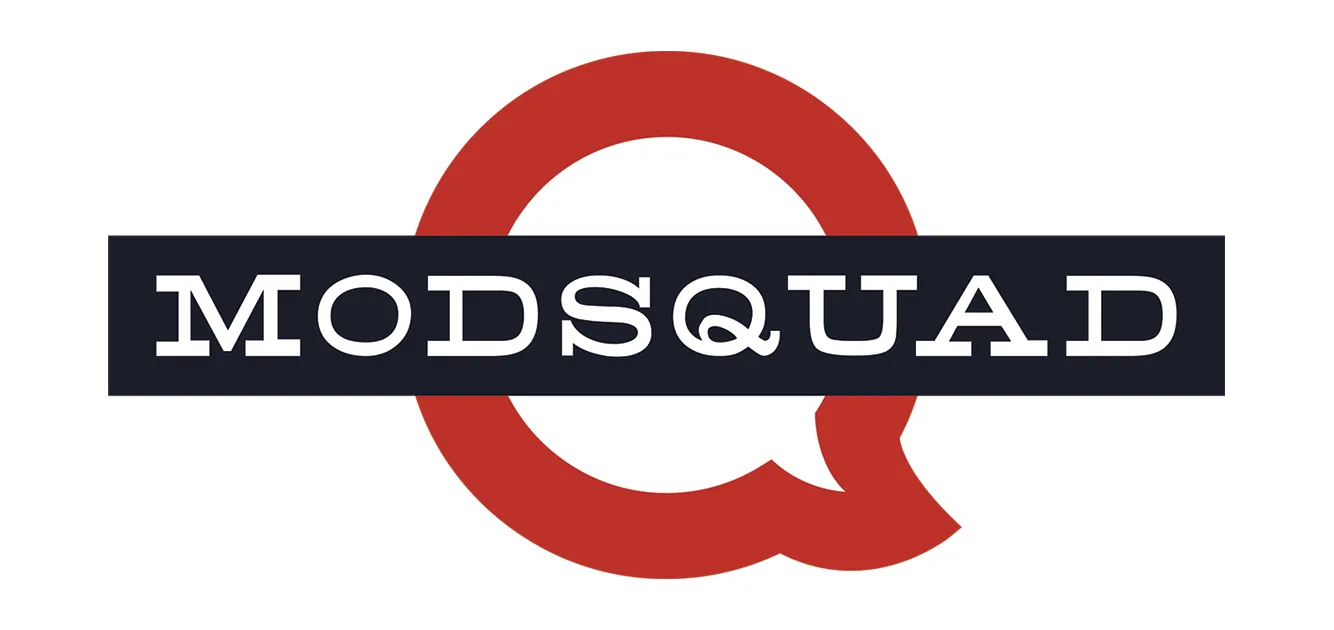
Have you changed your passwords yet?
 I hate passwords. Over the last decade my digital presence has grown in importance year after year. I work online, I shop online, I do my banking online, I play games online, and I communicate with friends and family online. Just about every aspect of my life involves the use of websites or digital platforms, and almost everything requires a password (or two). I have a good memory, but keeping track of all of them is a challenge. You have no idea how often I find myself using the Forgot Password feature, or just leaning heavily on one or two passwords to get me through (very dangerous).
I hate passwords. Over the last decade my digital presence has grown in importance year after year. I work online, I shop online, I do my banking online, I play games online, and I communicate with friends and family online. Just about every aspect of my life involves the use of websites or digital platforms, and almost everything requires a password (or two). I have a good memory, but keeping track of all of them is a challenge. You have no idea how often I find myself using the Forgot Password feature, or just leaning heavily on one or two passwords to get me through (very dangerous).
I’m sure I am not alone in this.
 Whether referencing individual hackers, organized crime organizations, foreign governments, or even our own government, there is no shortage of people with the drive and skills to overcome current measures in security.
Whether referencing individual hackers, organized crime organizations, foreign governments, or even our own government, there is no shortage of people with the drive and skills to overcome current measures in security.
Last week news broke regarding the Heartbleed bug, and it opened many eyes to the dangers of providing personal information through online platforms. Nothing we do online is 100% secure. Online fraud is a big deal, as are stolen identities. There are predators of all kinds online, and instead of being worried and frightened, we need to be smart and engaged with the latest information.
Recently I read this article from David Sanger at the New York Times discussing the US Government’s involvement with online security breaches like Heartbleed. How involved should the National Security Agency (SNA) should be in reviewing, using, or closing security breaches? The article points out that other nations like Russia and China also exploit security bugs to gather information, and potentially harm rival nations.
 Years ago I was involved in a brainstorm about password security, companies, and helping customers. A large concern was that people overuse passwords. One suggestion, although introduced as a bit of a joke, was to ask every new customer to create their password, and then to immediately force them to choose a different one. It was a well-meaning, but irksome (and therefore dismissed), attempt to force customers into choosing a password they probably hadn’t used before.
Years ago I was involved in a brainstorm about password security, companies, and helping customers. A large concern was that people overuse passwords. One suggestion, although introduced as a bit of a joke, was to ask every new customer to create their password, and then to immediately force them to choose a different one. It was a well-meaning, but irksome (and therefore dismissed), attempt to force customers into choosing a password they probably hadn’t used before.
There are brilliant people in the world creating innovative processes that will allow for ease of use, and security. But until we see a constant streamline of these practices, becoming self aware and building your own precautions is necessary. Here are a few tips that everyone can use to be prepared:
 Use complex passwords that are not easy to guess. The more characters in the password the better. More importantly using a combination of letters, numbers, and other characters makes your password much more secure.
Use complex passwords that are not easy to guess. The more characters in the password the better. More importantly using a combination of letters, numbers, and other characters makes your password much more secure.- Don’t use the same password everywhere. The more places you use the same password the more likely you are to have your information stolen. If one of those sites is compromised, then you may have given access to your information on the other web sites as well.
- Change your passwords regularly.
- Explore anti-virus software and maybe a good firewall (these also need to be updated regularly).
- Pay attention to what sites you are providing information to — although legitimate businesses will try and protect your information, the online predators will create phony web sites to trick users into submitting personal information to them.
- Go over every bank and credit card statement carefully. There are laws to help protect your money when your bank account or credit card are compromised, but you lose a lot of that protection if you do not report unauthorized charges to the bank or credit card institution within a reasonable time. If you are going to make purchases online, you need to be vigilant.
Rob Simpson
Project Manager

